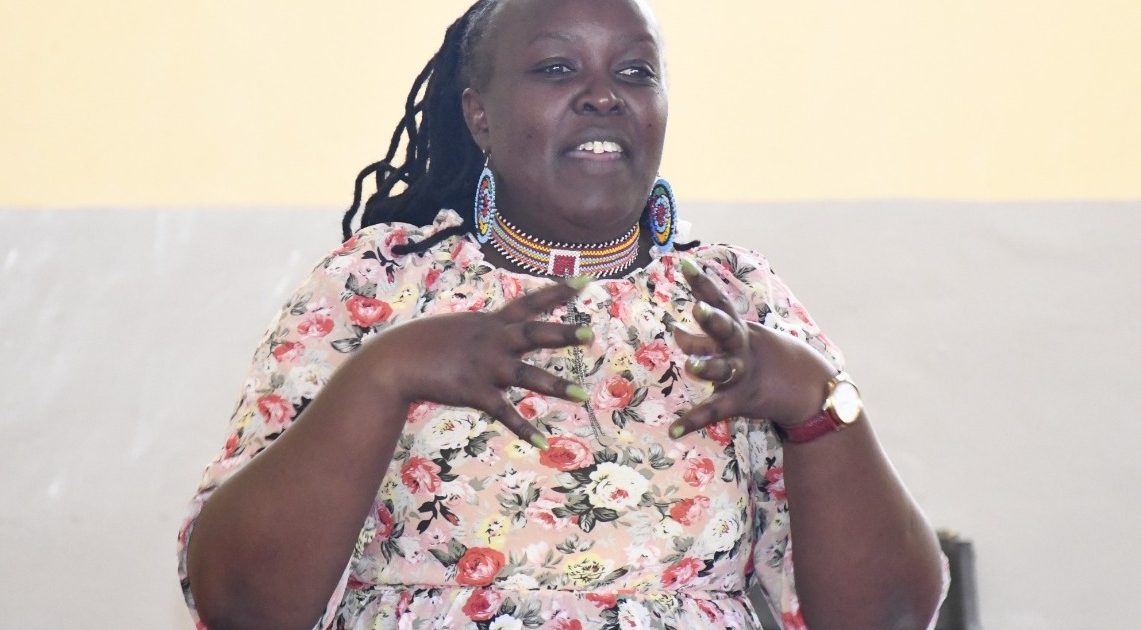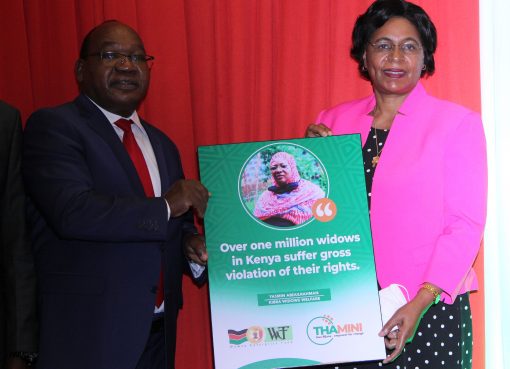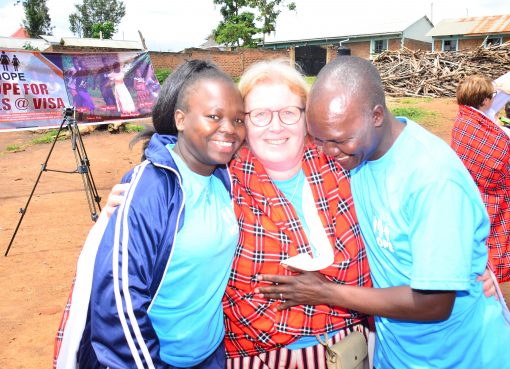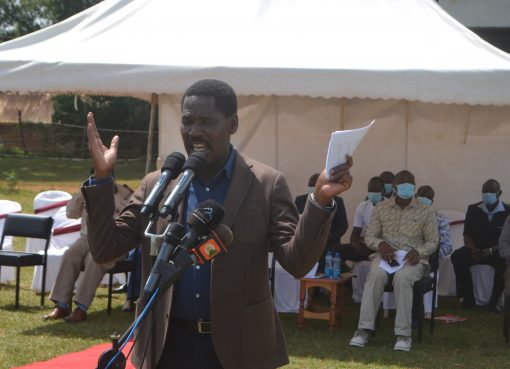The recent increase in cases of Female Genital Mutilation (FGM) in the Marakwet region has been attributed to women who were rescued from the cut 10-15 years but have come back to undergo the outlawed practice.

Winnie Kanda, the Gender Advisor at the governor’s office who also comes from the region, said the return of the women who got an opportunity to further their education and become successful in society to the age-old practice has given it prominence.
Speaking during a gender sector working group meeting attended by the anti-FGM board chaired by Marakwet West DCC John Chirchir in Iten, Mrs. Kanda said the local women resolved to take their girls for the cut while still young since they will still do it anyway.
“They said they would rather mutilate them while still young instead of waiting until they are adults for them to come back for the same,” she said.
The gender advisor continued that myths within the community were also to blame, saying the community believed that it was a bad omen for a girl to get married before undergoing the rite as it would lead to her husband dying prematurely, thus leaving her a widow at a young age.
Members in the meeting, attended by the anti-FGM chair, Ipato Surum, and the CEO, Bernadette Loloju, said there was a need for continued sensitization of society on the dangers of FGM for them to change their mindset.
Mrs. Kanda said there was a need to target women in the fight against FGM, saying they hold a lot of influence in society as they are economically empowered more than men and therefore have more say in family decisions, adding that mothers who were cut also ensure that their daughters undergo the same.
The meeting was told that the women also influence their sons to ensure that they marry girls who have been circumcised, adding that those who have not been cut are mutilated during childbirth by midwives.
Bishop Haron Kwambai said while education and religion have played a big role in the fight against FGM in other communities, this was not enough to change the people in the region.
However, there is still hope in the fight against the practice, as a total of 271 girls have been rescued from undergoing the cut in the area, the majority of whom sought refuge, and others whose parents helped them escape.
The County Director for Gender, Joseph Amuke, however, said while the girls managed to escape the illegal practice, the challenge facing them was how they can be rehabilitated back into the community, especially those who ran away from home.
Members called for urgent action to be taken to enable the girls to continue with their education given that schools will be reopening soon for the new academic year, but they were not sure of their fate after their parents threatened not to pay their school fees for defying them.
Noting that circumcision is a mindset, the gender advisor called on partners involved in the fight against FGM to target those who offer training during seclusion and build their capacity to meet the need to offer the same training minus the cut in an alternative rite of passage.
The meeting condemned the killing of a police officer and the attack on a priest, saying it was sad that local leadership have remained mum on the incidents, saying they should fully support the fight against FGM for it to bear fruit.
By Alice Wanjiru/Blessed Kemboi





